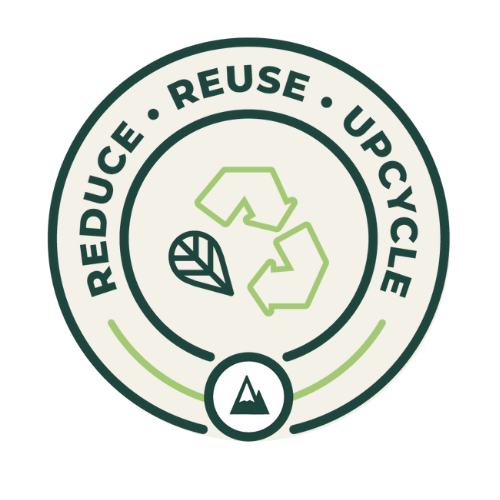
by Anna Sullivan
We’ve all witnessed how our world has been changing rapidly in the last few months in the wake of COVID-19, for better or worse. In food/beverage industry, this pandemic has put an increased focus on immunity and the need for major changes to our food system. We have also seen first hand the effects of poor nutrition (diabetes, heart diseases, gut problems, etc.) and the susceptibility to getting infected by the virus – especially in disadvantaged communities.
Our fragile food system is broken. Supply chains cannot adjust to the drastic fluctuations in demand. The Financial Times reports that COVID-19 is “reshaping the North American food market,” pointing to the plant-based meat sales increase in the last week of April; sales grew 200 percent compared with the same period last year which grew 265 percent over an eight week period. A shift to nutritious and shelf stable foods is demonstrated by a whopping 475% growth rate in oat milk in March as customers prioritize left frequent trips to the grocery store.
Without a doubt, the time to increase access to affordable, high-quality nutrition for all is now. “Nutrition security” which prioritizes whole foods high in nutrition density, is harder to achieve than simple general food security, and is needed in order to help increase disease-fighting conditions for folks of all ages. Sourcing cost-efficient, high-quality food is an important step to making this happen.
At the same time, there are countless articles about the increase in food waste and resulting environmental impact as a result of COVID-19. The foodservice industry has been decimated as businesses, restaurants and schools have been shuttered. This has resulted in growers having little to no choice but to let crops rot in the fields and to dump milk by the truck load.
The supply chain is slow to move as it is pieced together by a massive network of distributors. I personally have received several notifications from the U.S.’s largest food distributor, UNFI regarding extended delays and missed shipments as they scramble to adjust to the massive initial increase in demand at grocery stores at the start of this crisis.
The adage, “never let a good crisis go to waste” rings particularly true here – creative destruction in the food system is awakening through various upstarts like Mable, a wholesale consumer products ordering platform that are cutting out the middleman entirely. Grocery delivery services like Imperfect Produce, Hungry Harvest, Purple Carrot and Hello Fresh have all benefitted – their models allow them to source fresh produce directly from the farmers quickly and efficiently. Overnight, Blue Apron went from being one of the worst stocks to own, diving as low as $2 in March to up 400% by mid-April. Grocery stores have gotten creative by sourcing food that is typically intended for foodservice into retail, as well due to the FDA’s temporary ease in food labeling requirements.
Still yet, the opportunity to net a triple bottom line exists in retail products that are upcycled. By sourcing from growers’ imperfects and companies post-production sources, retailers and manufacturers can reduce shrinkage costs, reduce harvesting burdens on the environment and increase farmers yields. Partners can become more vertically integrated by producing ingredients or products from their waste streams, thereby lowering the costs, which in turn increases access to quality nutrition for everyone.
Food waste and nutrition security is a global problem we all have a vested stake in. The world produces enough food to feed everyone on the plant 1.5x, yet millions of people still remain food and nutrition insecure. Food banks are seeing a 98% increase in demand across the U.S., in part due to the massive job losses incurred from the pandemic’s spread. Thinking more globally, if we are to make any progress toward the UN Sustainable Development Goal of eradicating hunger by 2050, we must get more innovative and efficient at matching supply and demand within our food system.
This is just part of why there has been such a call by organizations such as the Milken Institute, The Rockefeller Foundation, The Ellen MacArthur Foundation, Jose Andres, and others, for entrepreneurs to develop innovations to meet this urgent need. Personally, I’ll bet on entrepreneurial startups to shake things up in the wake of this global crisis. I’m excited to see (and be a part of) the future of food.
